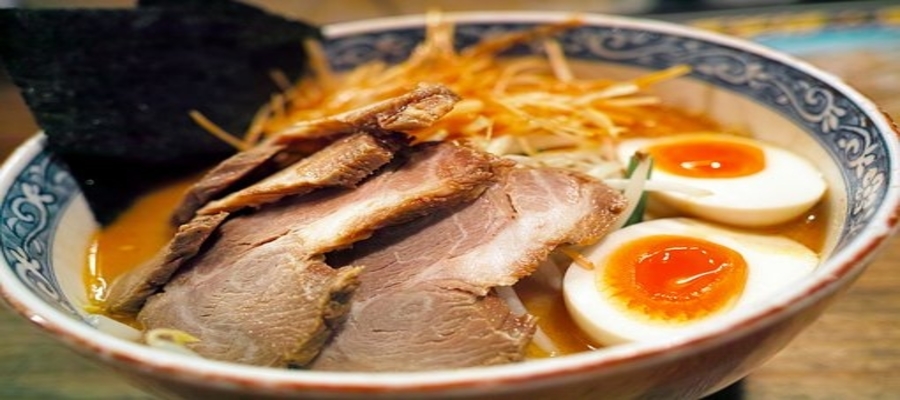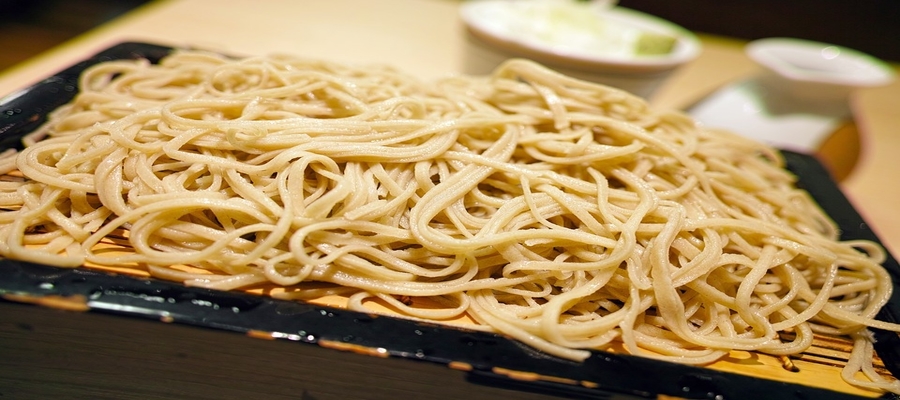Ramen is a noodle soup dish, which was basically imported from China and has become one of the most popular recipes in Japan in recent decades. It is inexpensive and easily available. There are some factors that also make them an ideal option for travelers with less budget. The restaurants, or ramen-ya, can be found in almost every corner of the world and originate countless regional variations of this common noodle dish.
Benefits of Ramen

Source: hy-vee.com
Oil is sort of a misconception because it really should just be referred to as “fat." All latest Ramen dishes includes some form of additional fat added to the top of the bowl. In the ramen bowl, one sees aroma oil’s bountiful appearance. Little droplets, reflecting light along with the dancing on the surface of the soup as you dip your spoon into the bowl for that sip. It’s sublime stuff. Aroma oil is also another reason why this dish isn’t exactly good for you. To put it simple, Aroma oil is calorically heavy mass which just swells up your stomach. But the importance of fat to the bowl can’t be overlooked; by adding some fat, a ramen shop adds complexity and flavor. Aroma oil originates from the original cooking process of soup making. This is where the fat rendered from the meat's bones sinks to the depth of the pot, mingling with the aromatics and closely infusing with the flavor. Cooks skim this fat off the dish and add it separately to the dish. But as this dish became more refined, so too did the creation of aroma oil with precise components bolstering the fat’s flavor.
Drawbacks of Ramen Noodles
Unfortunately, in some years South Korean health problems have surely increased. The population is getting fatter and experiencing huge rates of heart disease than ever before. These facts led researchers to decide that South Korea was the natural choice for a narrow look at exactly what effect large instant noodle consumption has on the human body. The end results weren’t great at all. According to the research, South Korean women who ate the most processed ramen noodles were demonstrably more likely to agonize from metabolic syndrome. Here’s the kicker: This was true no matter what complex foods they regularly ate or how much they exercised daily. Even those few who lived on harmful fast food diet but no immediate noodles were less likely to have metabolic syndrome than those who ate ramen noodles at least twice a week on an otherwise healthy diet. This is very scary. Women appear to get greater ill effects than men from high ramen consumption. Dr. Shin believes this is so, in part, because of complexity in hormone levels and metabolism between men and women.


